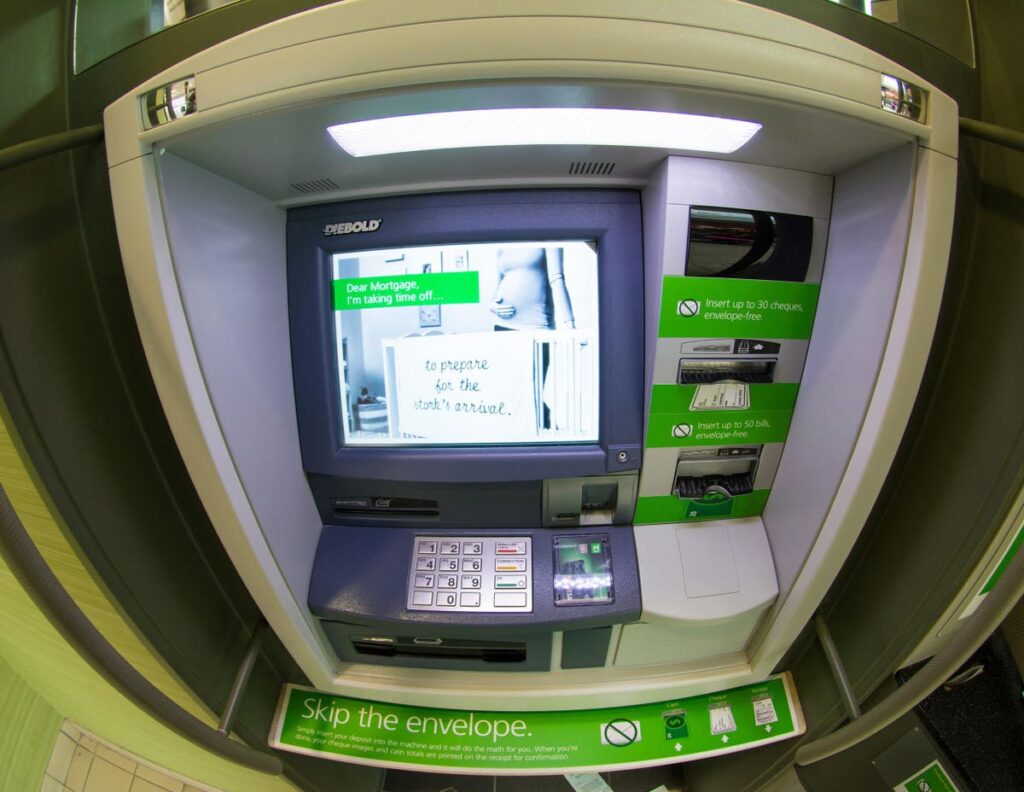Bud Financial uses AI and transactional data in retail banking and wealth management to provide advice and prompts to customers, to measure a customer’s risk and also monitor risk across a financial institution’s portfolio.
Based in the UK, Bud Financial takes advantage of open banking regulation to access customer data. It is also in Australia and New Zealand and has a presence in Europe and is entering the US market. In the UK and other countries with strong open banking regulation, Bud Financial helps banks link internal and external data sources to build a picture of a customer.
In the U.S. it is helping banks understand customers through their transactions. When Bud Financial was getting started in 2017, they found a lot of banks who planned to build a version of this, a platform that could understand and classify transactions at scale.
But the problem turned out to be more difficult than anticipated, said Edward Maslaveckas, the CEO of Bud Financial.
“There are so many different machines that this data is on and they don’t talk to each other. We haven’t come across a bank that has fully leveraged their data.”
He is skeptical, of banks’ claims to have a 360-degree view of their customers.
“I think a lot of people didn’t invest, or give it the time needed. It’s taken us the best part five years to build models, that would actually do that. So that’s these language models to identify key insights.”
Inside a bank, a project that takes several years without developing a useful product probably won’t survive. The director will move on to a different role, and the project will likely be canceled, if it ever gets funded to begin with.
It took Bud financial five years to develop a model with 96 to 98% accuracy, and it’s only then that it can recommend a financial course of action to a customer, he said.
A Forrester Wave report on financial intermediaries ranked Bud Financial among the 13 top solutions, giving it a coveted position in the upper right along with Plaid, Tink and Envestnet. But it is unclear how far along Bud Financial is in its product development.
While giving it high marks for its investment in R&D, Forrester notes that “Bud’s smaller scale means that expanding market coverage needs to wait for clear demand… Bud takes a disciplined approach to growth based on market data, demand, and technical feasibility.”
Financial intermediaries have different areas of expertise.
“We specialize in transaction AI focused on helping banks use the data they have or transaction data outside of the bank to understand their customer more deeply and make better credit decisions, as well as understand the risk they have on those customers across their entire portfolio,” said Maslaveckas.
Bud has a focus on data and provides payment services through partners, he added. Data plays a key role in making decisions about lending and credit.
“It’s a deep data set but it hasn’t been leveraged because it is a hard data problem to solve,” said Maslaveckas.
The Bud Financial website shows an example of the info it provides to a customer including salary, mortgage and utility bill. Then it can offer a customer some options, such as loans from different providers at introductory rates.
Rising interest rates are changing customers’ financial profiles, so banks need systems that operate in real-time, said Maslaveckas.
Bud Financial is the first UK fintech to become available through the Google Cloud Partner Directory.
“As the world’s data leader, Google is known for its due diligence and high standards,” said Maslaveckas. “It only partners with like-minded, results-driven firms customers can trust. At Bud, we’re looking forward to this opportunity to reach a broader base of customers with accessibility and ease.”
Bud’s platform will help clients better understand their customers, optimize lending and underwriting, monitor their loan portfolios and personalize every customer touch point, he added.
Read the full article here













